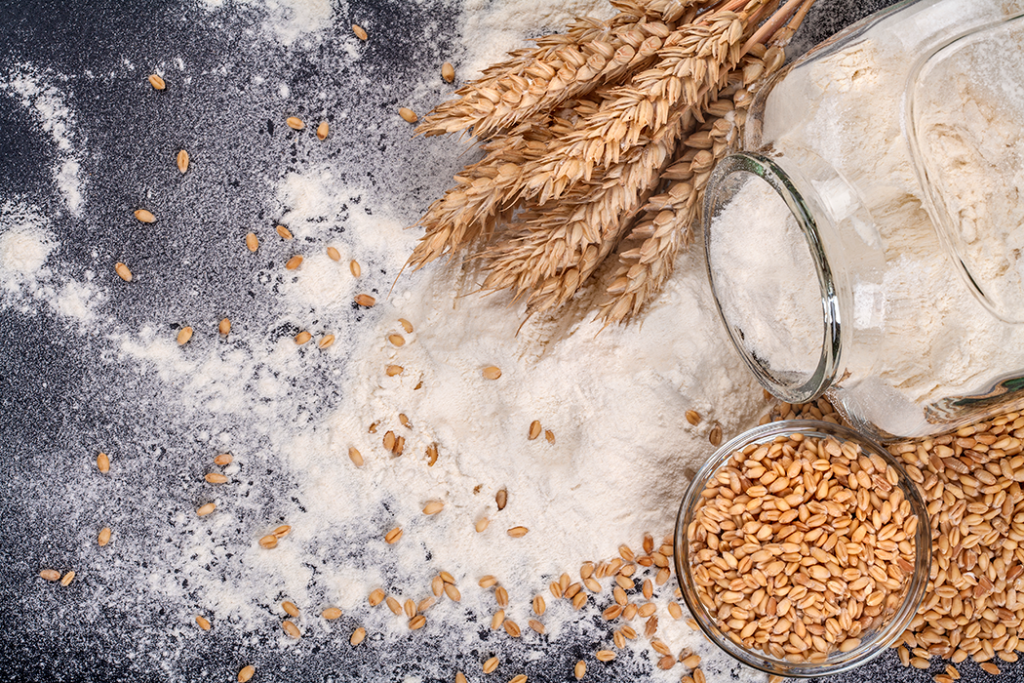Wheat flour and spina bifida

We know grains can be incredibly healthy for our bodies- they’re nutritious and can easily be introduced to our lifestyles. But did you know the wheat flour that is milled in Canada is incredibly beneficial for preventing spina bifida and NTD’s?
What is spina bifida?
Spina bifida (also known as neural tube defect, NTD) is a structural defect that occurs when babies are still in the womb, and their spinal column doesn’t close all the way. The spinal cord and surrounding tissues are exposed, and can lead to children being born with significant disabilities.
Folate and spina bifida
Before we get any further, lets talk about folic acid or folate. Folate is a B vitamin found in foods like dark green vegetables, citrus fruits and legumes like soybeans that plays an important role in DNA and amino acid synthesis. This vitamin has been shown in studies to help reduce the risk of NTD in developing fetus.
Many health professionals recommend pregnant women in addition to eating food fortified with folate to also take a vitamin to increase their folate levels.
What does this have to do with wheat flour?
The Canadian government in 1998 went one step further, and mandated that all enriched or white flour milled in Canada must contain folate to help reduce to incidences of NTD’s. In fact, the Food and Drug Act mandates that, among other standards, that in 100 grams of flour, there must be various nutrients including 0.15 milligrams of folic acid. Studies have shown that this mandate as helped reduce spina bifida cases by 53%!
The reason for this is during the milling process, the bran is removed to make enriched flour – this flour is then used to make enriched (“white”) breads, pastas, crackers etc. The bran contains the mineral of a whole grain, and when removed those necessary minerals can also be removed. Through the Food and Drug Act, necessary vitamins and minerals are added back into the flour during the milling process.
Whether you are choosing whole grain or enriched grain food products for your family, there are studies that continue to show that choosing grains is beneficial to our health.



